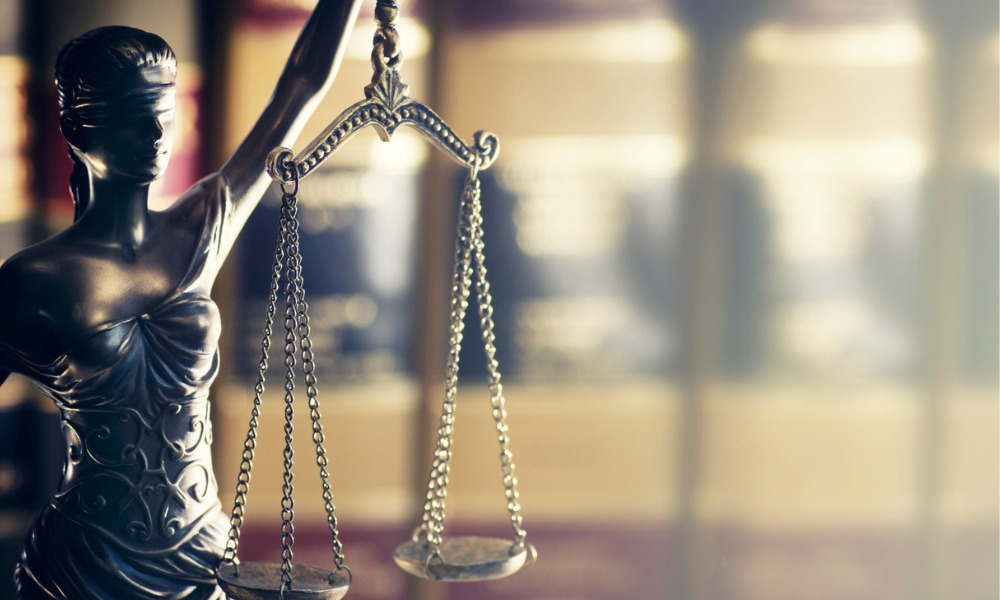
James Warren from Dentons Kensington Swan outlines three ways employers could be at risk

If an employee catches COVID-19 in the workplace, their employer could be at risk of a lawsuit.
Speaking to HRD, James Warren, partner at Dentons Kensington Swan, outlined three ways an employee could bring legal action.
“The first possible lawsuit would be a personal injury claim that the employer has been negligent in their duty of care to ensure their health and safety,” he said.
In most cases, employees are unable to sue their employer for personal injury claims in the workplace under New Zealand’s Accident Compensation Act.
However, the ACA rules do not apply to infectious diseases.
The employee would have to prove they have suffered financial or health losses due to becoming infected and that the employer was negligent in their duty of care.
For example, if the employer knew an infected colleague had come into work and failed to alert other workers.
Alternatively, if the employer was aware that an employee was showing signs of COVID-19 and did not properly follow up with them or urge them to get tested, they could also be failing in their legal responsibility to other staff.
Read more: COVID-19: How HR leaders are battling the crisis
Warren said employees could also bring legal action by alleging there had been a breach of the employer’s duties under New Zealand’s health and safety legislation.
“There’s a right for employees to bring a civil claim for breach of the Health and Safety at Work Act and to seek damages for that type of breach,” he said.
A third way relates to the duty of care owed by employers under the statutory duty of good faith and implied duties of looking after their health.
The duty of good faith mandates that employers, employees and union officials act with honesty and do not mislead or deceive in employment matters.
So if an employer failed to disclose the risks of coming into the workplace in the case of an infected colleague, it could be seen as a breach of good faith.
If the Employment Relations Authority or the Employment Court rules good faith rules were not followed by the employer, then they may award a penalty for the breach.
But the key will be proving the employer was negligent.
“It would have to be fairly bad behaviour on the employer’s part to get to a space where there could be a claim,” he said.
“It would only be when they should’ve done something which they didn’t do which then led to you becoming infected.
“It would be along the lines of an employer knowing someone had COVID-19 but kept it quiet or covered it up.”
He said while those are the three potential routes for a claim, the real question for employers is how much they should be doing to reduce the risk of an employee coming into work with COVID-19.
Read more: COVID-19: What information can employers request?
Should employers be carrying out temperature checks on employees or asking them to sign a declaration of health form before each working day?
“You need to do everything reasonable as an employer to follow the public health guidance and in particular, meet those minimum standards to ensure those with COVID-19 aren’t exposing themselves to others,” Warren said.
Knowing someone had COVID-19 would be reasonable grounds for an employee to sue, but the employer could also be at risk if they suspected someone had symptoms and did not take the appropriate action to investigate.
“If the employer continues to let that person work, they may be in dangerous territory,” he said.
“What they should be saying is hang on a minute, you look like you could be infectious, have you had a test? Should you be at work?”
The issue of responsibility around COVID-19 reiterates the difficulty facing many casual workers in sectors where they cannot work from home.
It stresses the importance of adequate sick leave provision, so that those temporary or casual workers feel able to err on the side of caution and stay home if they suspect they may be infectious without suffering financial loss.